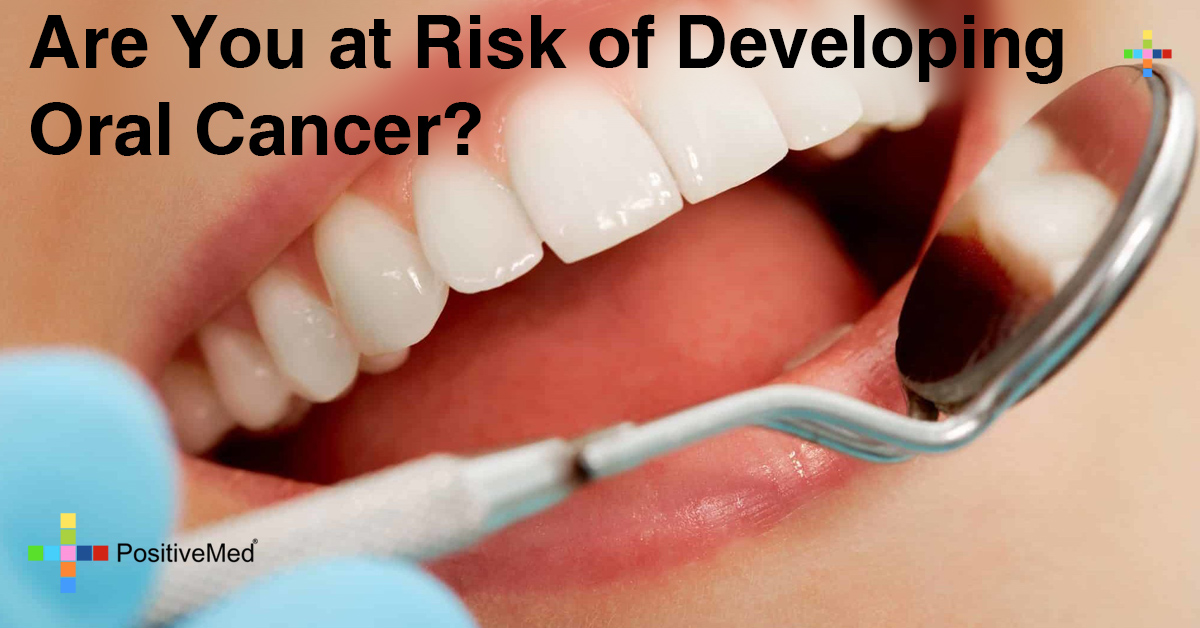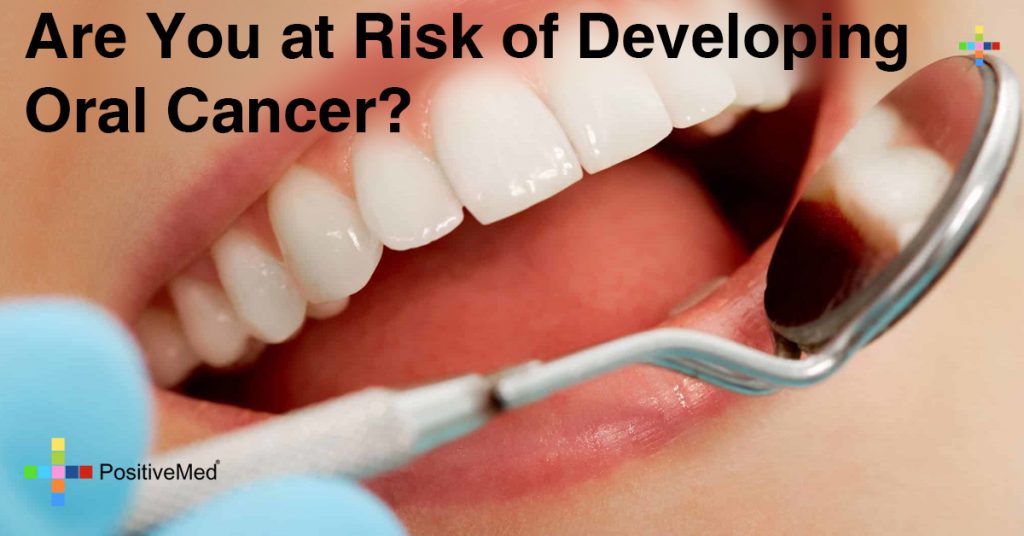The truth of the matter is that scientists and doctors have not exactly figured out all the aspects in regard to the causes of oral cancer yet. What this means is that although some factors do play a role in increasing the chances of developing mouth cancer, it has not been established as to what actually brings about the malignant mutations that lead to the affliction. Nevertheless, knowing about the potential reasons that might increase one’s risk of developing oral cancer helps in prevention.

Tobacco
This is by far the primary reason behind not only oral cancers but also cancers of the respiratory tract, lungs, sinus cavity, larynx, pharynx and much more. Smoking is the most dominant form of tobacco use in the world, which can and will raise the chances of developing cancer in various regions of the human body of a regular smoker. However, when it comes to oral cancer in particular, no other habit is as dangerous as that of chewing tobacco. Surveys have shown that nearly 90% of the people suffering from oral cancer were using tobacco in one form or the other for years.
Alcohol
Although not as dominant as a potential reason for oral cancer as using tobacco, alcohol has been found to be responsible for increasing the chances of mouth cancers as well. The potential danger from alcohol is multiplied when the user is also using tobacco in some form in combination with alcohol consumption. It should also be noted that alcohol alone is known to contribute to the development of esophageal cancer, liver cancer, stomach cancer, intestinal cancer, and other upper aerodigestive tract cancers. The carcinogenic exposure of the proliferative oral cells might be brought on by the influence of alcohol through intracellular and intracellular pathways.
Human Papillomavirus (HPV)
HPV is a double-stranded virus that primarily attacks the skin and the mucosa. It is usually a minor STD which is transmitted via sexual acts of intercourse and oral sex but is not limited to those mediums of the transfer only. The fact that around 80% of US citizens may have or have had the infection at some point or another in their lives sounds like an alarming detail. However, since the normal human immune system can get rid of the virus (99%) within a short time, this stops HPV from ever becoming a serious threat. Unfortunately, a small number of people do develop oral cancer as a direct effect of contracting the infection. In fact, a much larger number of people develop oropharyngeal cancers due to the effects of the virus. There are about 200 strains of HPV, but only 9 of them have carcinogenic properties that might become a problem on coming into contact with squamous cells of the mouth, throat, tonsils, penis, vagina, cervix, the opening of the urethra, vulva, and the anus.
Excessive exposure to UV rays and an overall weakened immunity also increase the chances of mouth cancer development. As you can see, while some of the risk factors are controllable, not all of them can be controlled or even realized in time to take necessary action. It is for this exact reason that regular screening for oral cancer at the nearest Encinitas Dentist clinic is the only way to be sure that the cancer isn’t spreading beyond manageable stages. The most important factor behind successfully treating all forms of cancer is early detection and that holds particularly true for the extremely sensitive oral cavity.







